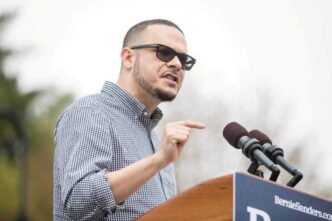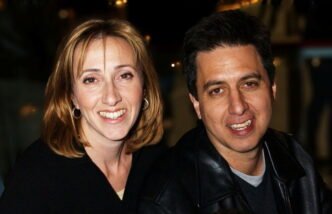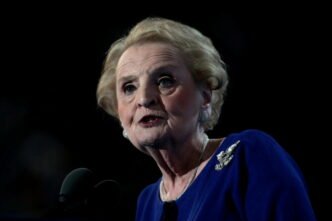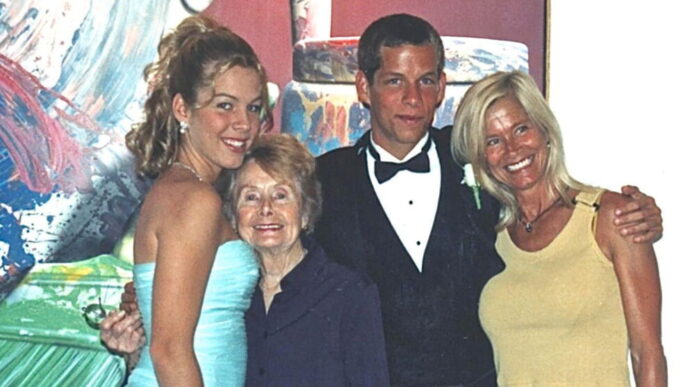Key Facts
| Category | Details |
|---|---|
| Early Life | Born on September 27, 1735, in Swaffham, Norfolk; father passed away when he was five; educated in Scarning; apprenticed as a hairdresser at 14; converted to Christianity in 1752. |
| Career | Began as a Calvinistic Methodist, later became a prominent Baptist minister; served at Cambridge from 1759 and authored works on baptism; wrote hymns such as “Come Thou Fount of Every Blessing.” |
| Net Worth | No exact figures; supplemented income through farming; owned over 250 acres by 1782; financial concerns persisted throughout his life. |
| Family Members | Married Ellen Payne in 1759; fathered twelve children; no famous descendants noted. |
Early Life
Robert Robinson’s early life was molded by both hardship and opportunity. Robinson’s father, Michael Robinson, died when he was five, leaving his mother, Mary Wilkin, to raise him in terrible financial conditions. Robinson’s maternal grandfather, Robert Wilkin, a wealthy man, sponsored his education despite this.
Robinson apprenticed to a London hairdresser at 14, allowing him to pursue his intellectual interests. His conversion to Christianity came from George Whitefield’s evangelical preaching. Robinson’s conversion to Christianity in 1755 established the stage for his theology and preaching career.
| Event | Details |
|---|---|
| Birth | September 27, 1735, Swaffham, Norfolk, England |
| Father’s Death | Father died when Robinson was five |
| Apprenticeship | Hairdresser in London at age 14 |
| Conversion | Converted to Christianity in 1752 |
Career
Preaching and scholarship characterized Robert Robinson’s career. His early Calvinistic Methodist activity led to his 1759 appointment to Cambridge’s Stone-Yard Baptist Chapel. After becoming the church’s pastor in 1762, he served until his death in 1790.
Robinson’s theological contributions were significant. He wrote extensively on the history of baptism, and his works, such as History of Baptism and Baptists, continue to be influential. Additionally, Robinson’s hymn writing remains well-known, particularly his iconic hymn “Come Thou Fount of Every Blessing,” written when he was just 22 years old. His ability to blend scholarly research with religious devotion made him a well-respected figure in the Baptist community.
| Event | Details |
|---|---|
| Career Beginnings | Calvinistic Methodist, then Baptist minister in Cambridge |
| Ministerial Position | Pastor at Stone-Yard Baptist Chapel (1762-1790) |
| Major Works | History of Baptism and Baptists, hymns like “Come Thou Fount” |
Net Worth
Historical records suggest Robert Robinson’s net worth was modest but consistent. Starting at £15 per year, his ministerial pay never exceeded £90. Robinson farmed about 250 acres by 1782 to supplement his income. This farming endeavor gave him financial independence, although he worried about money throughout his life. Robinson handed much of the farming activity to his son-in-law Curtis by 1785 to shift focus while retaining financial stability.
| Financial Milestone | Details |
|---|---|
| Ministerial Salary | Initially £15, later rising to £90 |
| Farming Ventures | Owned over 250 acres of land by 1782 |
| Financial Strategy | Transferred farming to son-in-law in 1785 |
Family Members
Personal life, especially his marriage to Ellen Payne, was very significant. Robinson’s family grew with his ministry after their 1759 marriage and twelve children. Robinson remained religious and dedicated to his career despite their huge family. Robinson and his family suffered when his daughter Julia died early at 17.
Robinson had more children than most, but none of them became famous. His hymns and theological writings seem to be his legacy, not his family.
| Family Event | Details |
|---|---|
| Marriage | Married Ellen Payne in 1759 |
| Children | Fathered twelve children |
| Notable Family Loss | Daughter Julia died at 17 in 1787 |
FAQ
Who was Robert Robinson?
English Baptist clergyman and theologian Robert Robinson was famous for his song “Come Thou Fount of Every Blessing” and his publications on baptism and Christian theology.
Early life of Robert Robinson?
Robinson struggled financially in Norfolk, England, after his father’s early death. His uncle taught him and he apprenticed to a London hairdresser.
What was Robinson’s career like?
Robinson pastored Stone-Yard Baptist Chapel in Cambridge from 1759 to 1790. He wrote famous songs and theological works and was a Baptist leader.
Was Robert Robinson wealthy?
Robinson’s total value is unknown, however he farmed approximately 250 acres by 1782. He secured his family’s financial future despite financial issues.
Were Robert Robinson’s descendants famous?
No records exist of Robinson’s descendants becoming renowned. His religious and scholarly achievements are his legacy.














